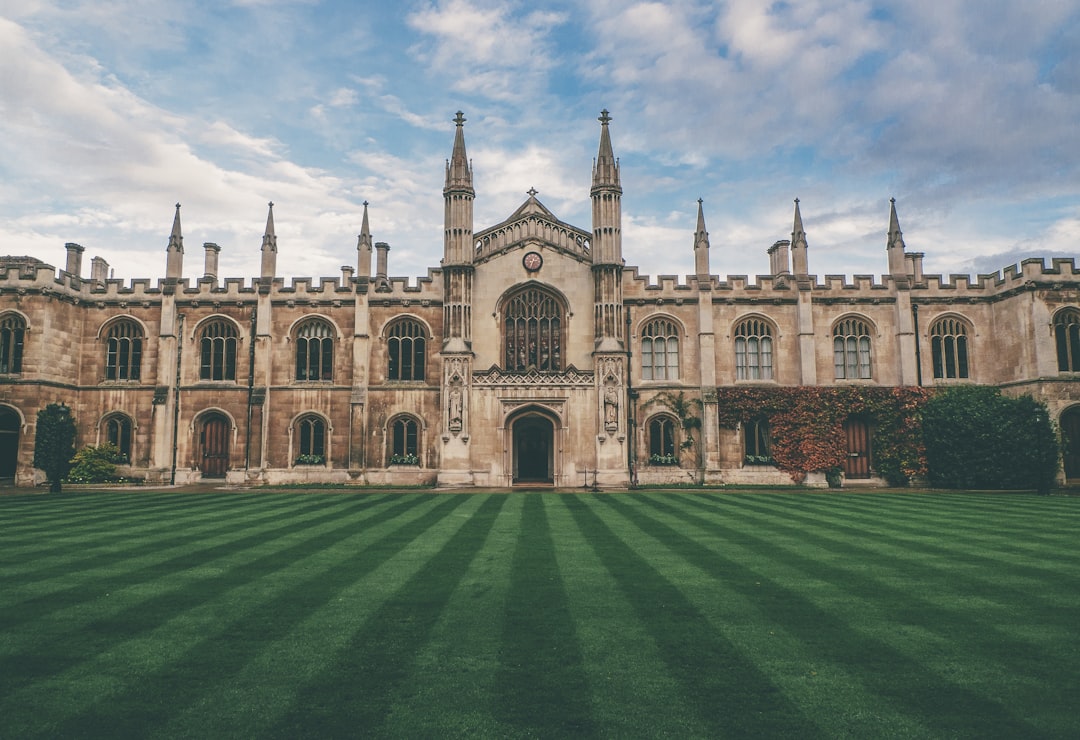Title IX, a 1972 federal law prohibiting gender-based discrimination in education, is diligently upheld in Maryland by specialized Title IX lawyers. These experts guide schools and universities on compliance, especially in handling sexual assault cases, fostering safer learning environments. In Maryland, residents facing Title IX violations benefit from these lawyers' understanding of complex federal and state laws, ensuring their rights are protected and perpetrators held accountable. Through education, training, and clear reporting mechanisms, the state promotes a culture of respect and consent while providing confidential support for victims.
Title IX, a landmark federal law, has profound implications for sexual assault prevention and equality in education. This article explores its significance in Maryland, delving into the legal obligations of educational institutions and effective prevention strategies. We discuss the crucial role of a Title IX lawyer in navigating complex cases, ensuring fairness, and promoting accountability. By understanding these aspects, Maryland communities can foster a safer environment, upholding the law’s spirit while leveraging expert legal support.
Understanding Title IX and Its Relevance in Maryland

Title IX is a groundbreaking federal law that has significantly impacted the way educational institutions handle sexual misconduct and assault on their premises. Enacted in 1972, this legislation prohibits discrimination based on gender in all aspects of education, including athletics, academics, and campus life. For Maryland residents seeking justice and support, understanding Title IX and its implications is crucial.
In the context of Maryland, a state known for its progressive policies, Title IX lawyers play a vital role in ensuring compliance with this critical legislation. These legal experts guide educational institutions, from schools to universities, on implementing effective prevention strategies and establishing robust reporting mechanisms for sexual assault cases. By leveraging the power of Title IX, Maryland residents can access resources and hold accountable those who have violated the law, fostering a safer and more inclusive learning environment.
Legal Obligations for Educational Institutions in Maryland

Prevention Strategies: A Comprehensive Approach to Sexual Assault

In addressing sexual assault prevention, a comprehensive approach is essential, and Maryland has taken significant steps in this regard, largely through Title IX compliance. This involves a multi-faceted strategy that includes education, policy, and support systems. Schools and institutions across Maryland are mandated to implement policies that promote a safe learning environment free from sexual harassment and assault. This begins with thorough training for staff and students on recognizing and preventing inappropriate behavior, fostering a culture of respect and consent.
A key component is the establishment of clear reporting mechanisms and supportive resources for victims. Many schools now have dedicated Title IX coordinators and confidential counseling services to ensure that survivors feel heard and supported. Furthermore, Maryland’s legal framework, guided by expert advice from Title IX lawyers in Maryland, plays a crucial role in upholding these standards, ensuring that institutions hold accountable anyone who violates policies related to sexual misconduct.
The Role of a Title IX Lawyer in Maryland Cases

In Maryland, as across the nation, sexual assault prevention and Title IX compliance are paramount issues. A Title IX lawyer plays a crucial role in navigating this complex landscape. These legal professionals specialize in ensuring educational institutions—from schools to universities—adhere to federal regulations prohibiting sex-based discrimination, including sexual harassment and assault.
When a Maryland resident faces allegations of sexual misconduct or experiences its devastating consequences, a Title IX lawyer becomes an invaluable ally. They possess the knowledge and expertise to guide clients through the intricate legal processes involved in investigations, disciplinary actions, and potential litigation. By advocating for their rights and interests, these lawyers help foster safer learning environments and promote accountability for perpetrators.






